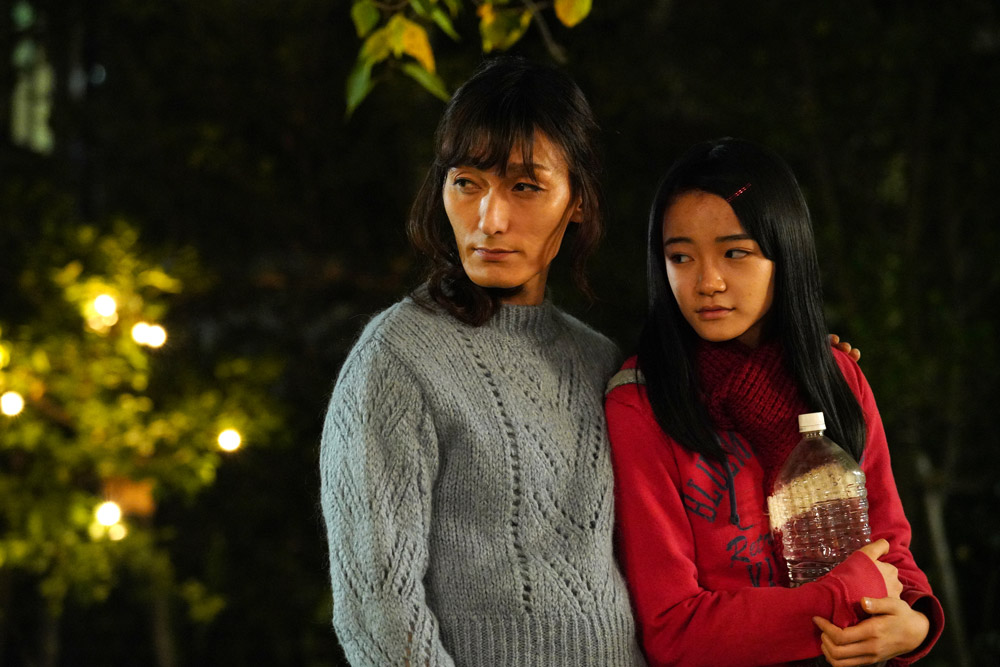![What does the future hold for film directors? “Midnight Swan” director Eiji Uchida talks about “the reality of the Japanese film industry” [CINEMORE ACADEMY Vol.8]](https://cinemore.jp/images/bdbfa2678e724243f0d9444cc113c0655d3bf92589e50fa914bb807dc65838a2.jpg)
What does the future hold for film directors? “Midnight Swan” director Eiji Uchida talks about “the reality of the Japanese film industry” [CINEMORE ACADEMY Vol.8]
An environment where it is difficult to build a relationship of trust with actors
Q: Making a film not only highly rated but also a hit, in other words a success at the box office, is a stepping stone to accelerating this trend, right? Or rather, make it viable as a business.
Uchida: Between major blockbusters and low-budget films...works with a production cost of around 70 million yen are said to be the least profitable and are avoided. But I think middle-budget work during this period is the only place to create works that are both commercial and experimental.
I have experience in both productions, including the lowest production budget of 5 million yen for `` The Love of the Underworld ,'' and the highest production budget in Japan for ``Nude Director,'' but the Zone work I just mentioned is the most difficult. I feel like it's being shown to me. But that's what I want to do. I also want good actors to appear. I want to shoot challenging subjects with the best acting.
I also want to get the relationship between actors and directors back to normal.
Q: What do you mean?
Uchida: Nowadays, in some of the worst productions, there is no trust between the director and the actors at all, and there are many cases where the director and actor meet for the first time and go into production.
For ``Midnight Swan,'' everything started when Mr. Kusanagi read the script and said it was interesting, so at that point a relationship of trust with the actors was born. In fact, the two of us talked about it at length and created it.
I've always felt that if we took a little more time to be creative, build relationships with actors, and discuss their roles, if we just did the obvious things, the film industry would change even more.

Q: I've heard that all the actors are so busy that the director has to do a lot of talking during costume fitting, and Takayuki Yamada has also said before that he doesn't have enough time to prepare for his role. You talked about the current situation on the actor's side.
Uchida: Actors themselves want to prepare well and perform properly, so it's very frustrating.
For another work I'm currently developing, just like with ``Midnight Swan,'' a certain actor read the script and said, ``I'd really like to be in it.'' After all, actors are looking for a place where they can properly perform.
If it's a play, I think you'll get some time to rehearse, but if you ask for a week to rehearse for a movie, the agency won't give you the OK. I end up thinking, ``I can't believe I'm a volunteer.'' However, if you give yourself enough time, you will end up with a good play and a good piece of work. I think that would be more successful for the agency and for producing the actors.
This problem is on the minds of all filmmakers, but there's nothing they can do about it, so they just close their eyes. However, that doesn't mean we should remain silent. I would like to continue to appeal to this point.
In order to be persuasive at that time, I want to achieve results with ``Midnight Swan.'' Kusanagi-san took the trouble to appear in the movie, and we were able to create something this good.

